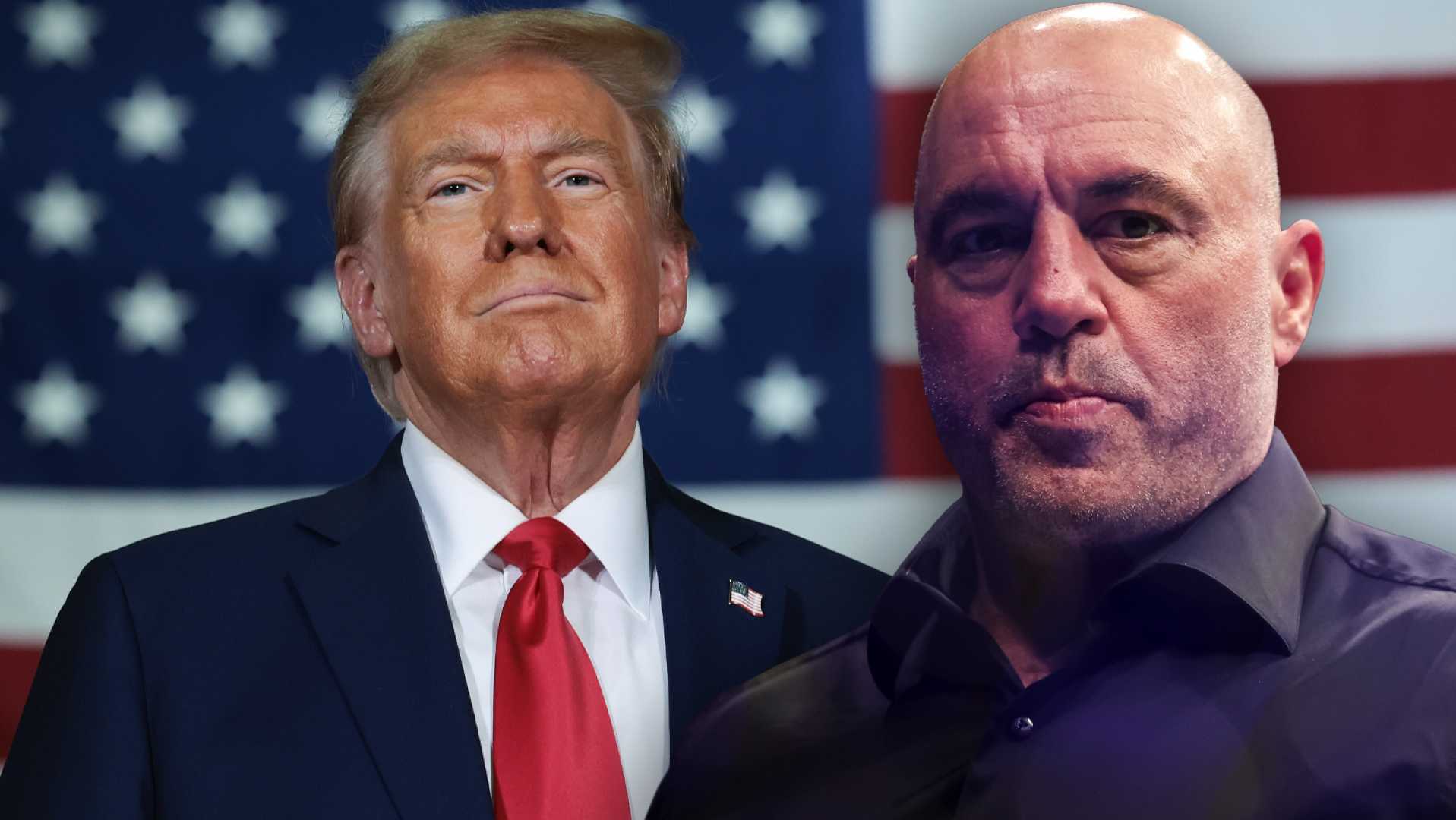Politics
Donald Trump to Appear on Joe Rogan’s Podcast in Key Campaign Move

Former President Donald Trump, a candidate for the Republican presidential nomination, is set to appear on one of the most popular podcasts in the world, “The Joe Rogan Experience,” in a move that could significantly impact his campaign. The interview, scheduled to be recorded on Friday, is seen as a strategic opportunity for Trump to engage with a vast and predominantly male audience that Joe Rogan‘s podcast attracts.
Joe Rogan, known for his relaxed and in-depth conversational style, has built a massive following since the inception of his podcast 15 years ago. With 14.5 million followers on Spotify and 17.5 million subscribers on YouTube, “The Joe Rogan Experience” is a cornerstone of modern podcasting. Trump, who has described Rogan as “a nice guy,” anticipates a “very interesting” discussion, reflecting his campaign’s focus on engaging with younger, male voters through podcasts rather than traditional media outlets.
The Trump campaign has been actively targeting younger, male demographics, a strategy that includes appearances on other popular podcasts and platforms. This approach is in contrast to traditional media engagements and is aimed at reaching a vital voting bloc that the campaign believes could be decisive in key states. Matthew Foldi, a conservative journalist and long-time listener of Rogan’s podcast, believes that this interview could be monumental for Trump’s campaign, given the podcast’s immense audience and influence.
In parallel, Vice President Kamala Harris, who is also engaging in podcast appearances as part of her media outreach, has confirmed that she will not be appearing on “The Joe Rogan Experience” before Election Day due to scheduling constraints. Harris has instead chosen to appear on podcasts that resonate more with female listeners, such as “Call Her Daddy” and “Unlocking Us” with Brené Brown.
The upcoming interview with Trump highlights the growing importance of podcasts in political campaigns, particularly in reaching demographics that may be less engaged with traditional media.












